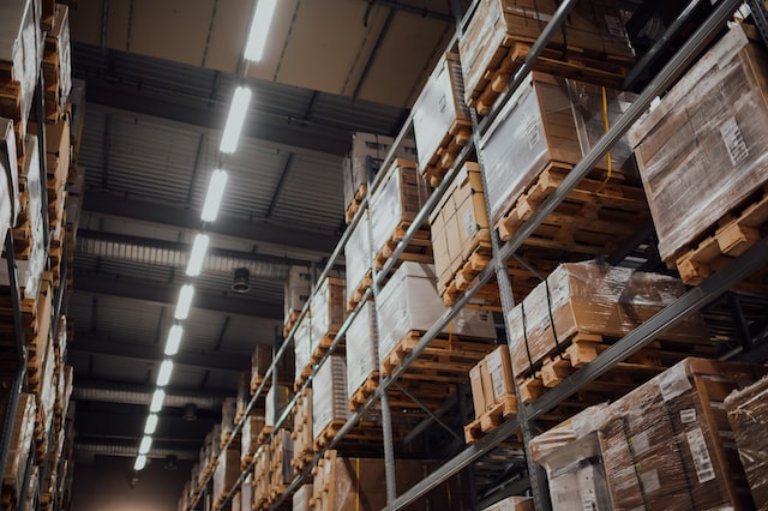The National Logistics Policy launched by Prime Minister Narendra Modi aims to develop a technologically enabled, integrated, cost-efficient and trusted logistics ecosystem in the country for accelerated and inclusive growth.
By Staff Reporter | September 18, 2022 | 9:00 pm

The National Logistics Policy aspires to reduce cost of logistics in India to be comparable to global benchmarks by 2030, endeavour to be among top 25 countries by 2030 in the Logistics Performance Index ranking, and create data-driven decision support mechanism for an efficient logistics ecosystem. Chuttersnap / Unsplash
The National Logistics Policy launched by Prime Minister Narendra Modi aims to develop a technologically enabled, integrated, cost-efficient, resilient, sustainable and trusted logistics ecosystem in the country for accelerated and inclusive growth.
The new policy aspires to reduce cost of logistics in India to be comparable to global benchmarks by 2030, endeavour to be among top 25 countries by 2030 in the Logistics Performance Index ranking, and create data-driven decision support mechanism for an efficient logistics ecosystem.
Stressing that ‘policy plus performance’ equalled progress, the Prime Minister said that India is fast emerging as a world manufacturing hub and expressed confidence that the logistics policy would act as a driving and guiding force. He said that drone technology would emerge as an important aspect of transport and logistics sector, especially for remote areas. The Prime Minister also pointed out that “we have to bring the logistics cost from 13% to a single digit number as soon as possible”.
The Policy will be implemented through a Comprehensive Logistics Action Plan (CLAP). The interventions proposed under the CLAP are divided into eight key action areas:
(i) Integrated Digital Logistics Systems
(ii) Standardisation of physical assets and benchmarking service quality standards
(iii) Logistics Human Resources Development and Capacity Building
(iv) State Engagement
(v) EXIM (Export-Import) Logistics
(vi) Service Improvement framework
(vii) Sectoral Plan for Efficient Logistics
(viii) Facilitation of Development of Logistics Parks.


